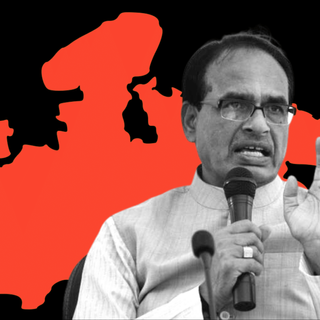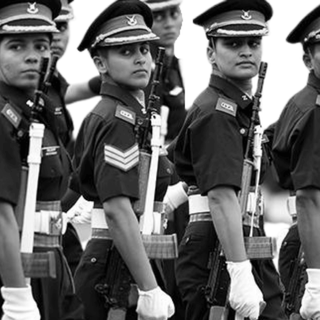The Allahabad High Court held on Tuesday that couples are no longer required to publish public notices of their intent to marry and to invite/entertain objections in response to said notices — actions mandated under Sections 6 and 7 of the Special Marriage Act (1954).
The judgment comes in response to a habeas corpus plea from a woman detained by her parents for intending to marry a partner from a different religion. The couple state they could have registered their marriage under the Special Marriage Act, but the 30-day public notice would bring further pressure and efforts to end the relationship. Noting their concerns, the judgment reads: “[Notices] would invade in the fundamental rights of liberty and privacy, including within its sphere freedom to choose for marriage without interference from state and non-state actors, of the persons concerned.”
The Special Marriage Act was enacted to provide a means for Indian nationals to marry irrespective of the religions they belong to. One of the requirements for solemnizing marriages under the act is to file a public Notice of Intended Marriage to the Marriage Registrar of the district in which at least one member of the couple has stayed for more than a month. The purpose of such a notice is to verify identification, age, legalities, and valid consent from both parties. After the 30-day period, the marriage is registered as long as no legally valid objections have been raised.
Related on The Swaddle:
Consenting Adults Have the Right to Cohabit Without Family Harassment, Says Allahabad High Court
However, the Allahabad High Court observes that such a legal clause is only present in the Special Marriage Act, as compared to other laws that govern religious marriages. Plus, such public notices of marriage — especially those of interfaith couples — are easily accessible by fringe right-wing groups eager to carry out vigilantism under Uttar Pradesh’s communal ‘love jihad’ law, leaving such couples vulnerable to interference.
Another major concern for interfaith couples marrying under the Special Marriage Act is parental/familial objections, as families continue to interfere in individuals’ marriages even though they have no legal right to do so. This particular attitude is so entrenched in Indian society that it has posed a hurdle to earlier challenges to the public notice requirement; in a Public Interest Litigation (PIL) challenging Special Marriage Act notices raised earlier this year, the Chief Justice of India reportedly asked, “Your plea is that this is a violation of the privacy of the couples. But imagine if children run away to get married how the parents would know about the whereabouts of their children?”
Considering how much Indian society favors caste and religious endogamy, and how much control parents wield over such marriages, it is easy to note why parents would object to inter-faith marriages. The Special Marriage Act is meant to be a secular act that allows Indian nationals to marry whomever they like. Placing such marriages up for public approval enables bad-faith parties to interfere with marital proceedings — the very antithesis of a secular act. Though the Supreme Court PIL around abolishing mandatory Special Marriage Act notices remains pending, a high court judgment like this inspires hope for a more secular future.




